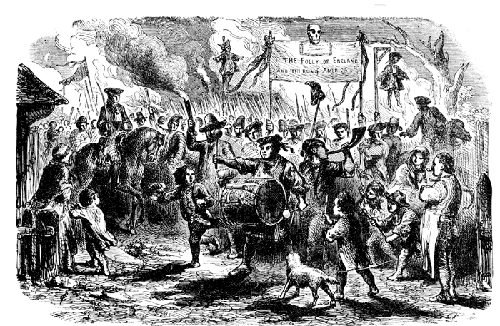Understanding the Reasons Behind the Passage of the Sugar Act
The Sugar Act, enacted by the British Parliament in 1764, was a significant piece of legislation that aimed to address various economic and political challenges faced by the British Empire. Delving into the motivations behind the passage of the Sugar Act provides valuable insights into its historical context and significance. In this article, we explore the reasons why the Sugar Act was passed and its implications for colonial America.
- Revenue Generation:
- One of the primary reasons behind the passage of the Sugar Act was the need to generate revenue for the British government. Following costly wars, including the French and Indian War, Britain found itself burdened with significant debts. To alleviate financial strain, Parliament sought to increase revenue by imposing taxes on colonial trade and commodities such as sugar and molasses.

why was the sugar act passed
- Enforcement of Trade Regulations:
- The Sugar Act aimed to strengthen enforcement of existing trade regulations and combat widespread smuggling in the American colonies. By imposing duties on imported sugar and molasses, the British government sought to undercut illicit trade practices and assert control over colonial commerce.
- Additionally, the Sugar Act introduced measures such as stricter customs enforcement and the establishment of vice-admiralty courts to prosecute smugglers, signaling Britain's determination to assert its authority over colonial trade.
- Protection of British Industries:
- Another objective of the Sugar Act was to protect British industries and merchants from foreign competition. By imposing duties on imported sugar and molasses, Parliament aimed to favor British sugar producers in the Caribbean and British merchants engaged in the sugar trade.
- The act also sought to limit colonial reliance on foreign markets and promote economic dependence on Britain, reinforcing mercantilist policies that prioritized the interests of the empire.
- Response to Colonial Resistance:
- The passage of the Sugar Act was also influenced by colonial resistance and defiance against previous taxation measures, such as the Molasses Act of 1733. In response to widespread evasion and protests, Parliament sought to streamline tax collection and tighten regulations through the Sugar Act.
- However, the Sugar Act ultimately fueled resentment and opposition among the colonies, laying the groundwork for broader resistance against British taxation policies and contributing to the escalating tensions that led to the American Revolutionary War.
:max_bytes(150000):strip_icc()/public-slave-auction--1965--463989473-5ae1242e30371300366d483c.jpg)
why was the sugar act passed
In conclusion, the Sugar Act was passed for a combination of economic, regulatory, and political reasons aimed at bolstering British revenue, asserting control over colonial trade, and protecting British economic interests. Despite its intended objectives, the Sugar Act exacerbated tensions between Britain and the American colonies, ultimately playing a significant role in the lead-up to the American Revolution. By understanding the motivations behind the passage of the Sugar Act, we gain valuable insights into the complexities of colonial relations and the forces that shaped the course of history.